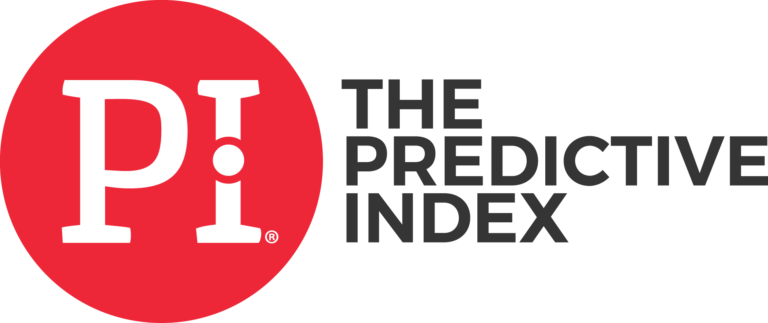CTA popup form
Sed ut perspiciatis unde omnis iste natus error sit voluptatem accusantium doloremque laudantium
"*" indicates required fields
Sed ut perspiciatis unde omnis iste natus error sit voluptatem accusantium doloremque laudantium
"*" indicates required fields
Our individual approach to change stems from our need for consistency and stability. Some of us have a high need for things to remain constant and the same, while others (like me) have a need for it to be completely the opposite.

One of the things I found the most frustrating when I managed the sales team at Singapore Airlines was some staff member’s reluctance to change.
It would annoy the hell out of me!
Of course, back then, I didn’t have the luxury of knowing about human analytics and what drives us. If I had, it would have given me one of those major “ah ha!” moments and I would have known to approach change quite differently.
In fact, I would have known to approach change differently with different people.
These days, I understand that our individual approach to change stems from our need for consistency and stability. Some of us have a high need for things to remain constant and the same, while others (like me) have a need for it to be completely the opposite.
And I mean a NEED!
Not nice to have, or like to have. A need is something we instinctively seek to meet.
Consider your need for food when you are hungry. Your need for sleep when you are bone weary. Or your need for shelter when it’s cold, wet, or windy outside. We are driven to find ways to get those needs met.
And it’s very draining on our energy to behave in a way that is contrary to our needs.
Our need for change (or its alternative, stability) is no different. And we all feel it in differing degrees.
If I look at my need for consistency and stability on the scale of the Predictive Index tool we use to measure drives, I sit in the extreme need for variety at the end of the scale.
In other words, I have an extremely low need for there to be consistency and stability in the workplace. Or, put another way, I have an extreme need for change (I actively seek it out to get my needs met), for variety and mobility. I need opportunities to work at a faster than average pace, I hate being bound by repetitive, routine work, and I love to handle multiple priorities. I absolutely thrive under pressure.
Here’s what my PI behavioural pattern looks like (letter C):
What I wouldn’t have realised in my Singapore Airlines’ days, is that some of my colleagues were at the other end of the consistency and stability continuum; meaning they needed things to be stable. They needed things to stay the same: relationships with colleagues, the territory they looked after, the way their work was evaluated. They needed the opportunity to work at a steady pace, and freedom from changing priorities.
And I would push them to behave in the opposite manner (because that’s how I liked to operate). No wonder I would get frustrated!
Some of their PI behavioural patterns would have looked something like this (again look at letter C):
See how their letter C is at the opposite end of the continuum (driving at one end, steady at the other)? Change for them was something to be more fearful of because it would upset the status quo.
To manage someone like this, I now know that I should have laid out the reasons for the change (many people need to know why the change is necessary) and described how the change would affect them, as well as what strategies we could consider to make that change more gradual for them. Giving people who face change with reluctance some time to process the change, understand its potential impact, and make preparations to manage that change are essential.
Not everyone loves change like I do!
But once you understand someone’s drive for change or stability, you have the data and analytics necessary to create a change management process that can be tailored to address every individual’s different needs.
Want to know more, or try the PI behavioural assessment for free? Click here to take the assessment or get in touch via our contact form.
Take the free Predictive Index behavioural assessment to gain insight into your personal drives, needs and behaviours
